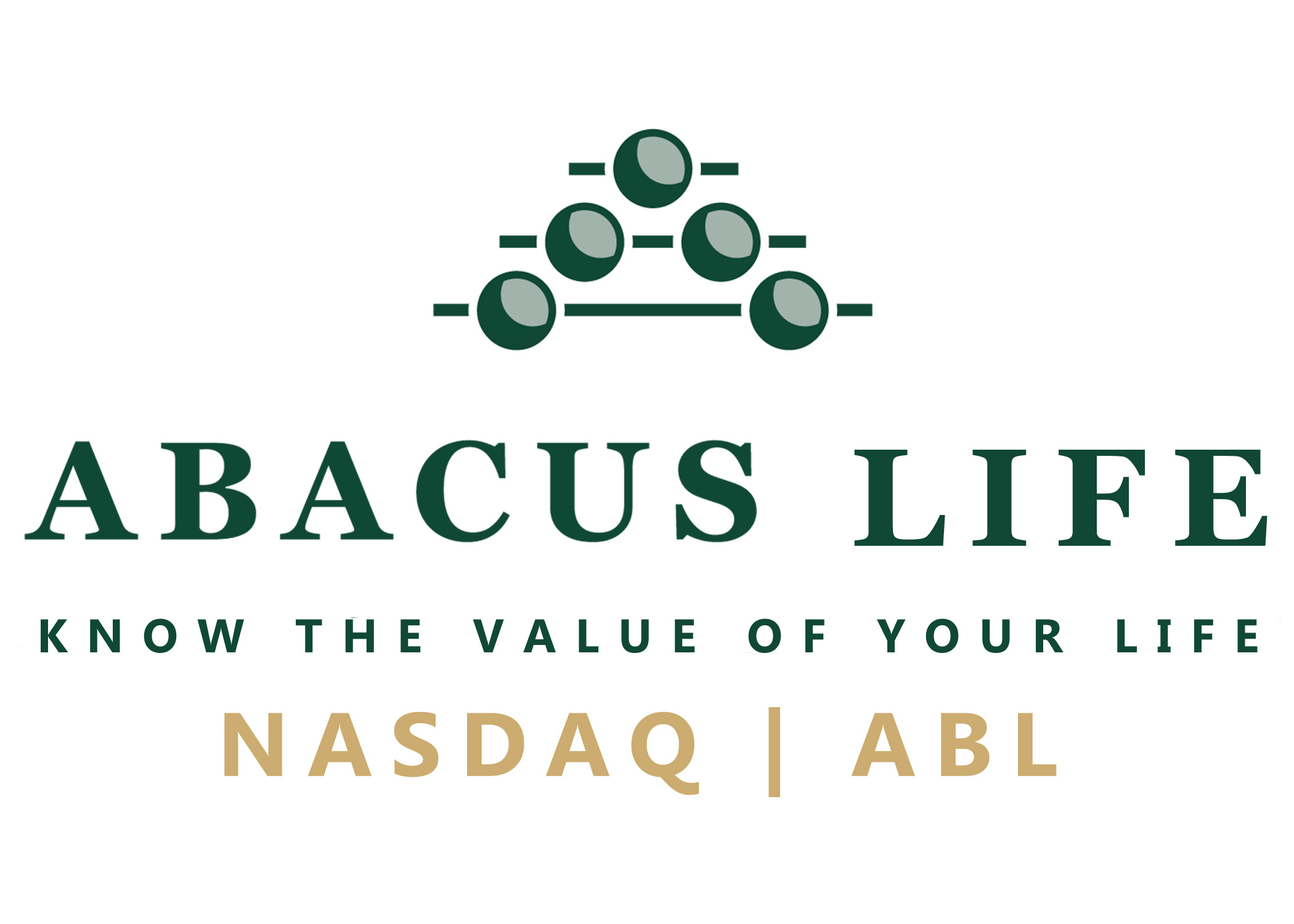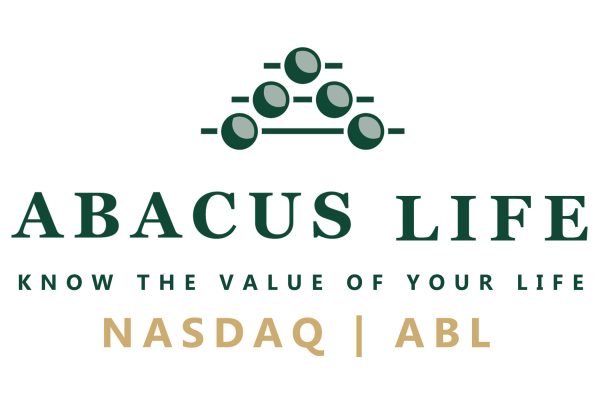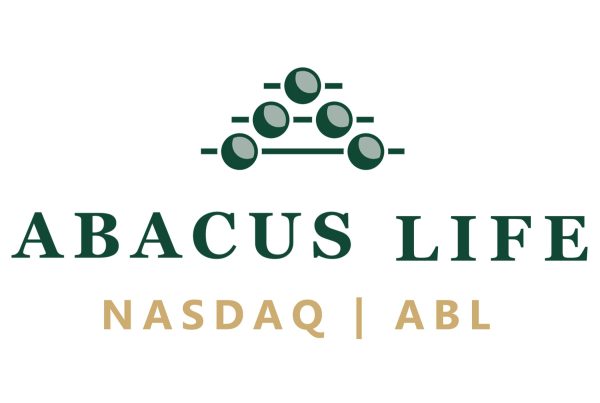The CEO of Abacus Settlements expects that becoming publicly traded will expand the secondary market for life insurance. And that could mean stiff competition for insurers that buy back policies via surrenders.
By Warren S. Hersch|April 10, 2023
Abacus Settlements CEO Jay Jackson says the company is on track to become the first publicly traded life settlement company this year. He expects that would give it a platform to bolster purchases of life insurance policies on the secondary market. That could intensify competition between life settlement companies and life insurers that collect billions of dollars yearly off contracts that are surrendered.
The company, which does business as Abacus Life, would become public by merging with Longevity Market Assets, a buyer of life insurance policies, and East Resources Acquisition, a “blank check” company established to merge with or buy other companies.
Jackson shared his perspective on the market and the company’s campaign to entice more advisors and agents to sell their clients’ policies to Abacus in a Q&A with Life Annuity Specialist.
The following was edited for length and clarity.
Q: What’s the status of Abacus’s merger agreement, which will enable you to become a public company?
A: We have until July 27, per our last extension in January. So, we’re very optimistic that it will be closed before that extension expires.
Q: What will you be able to achieve as a publicly held business that you couldn’t as a private company?
A: The biggest thing we’re trying to accomplish is to raise awareness for our industry and our asset class. As a public company, because we will now be totally transparent in every transaction that we do, that builds a higher level of trust with people who are considering selling their policy or investors who might want to invest in this asset.
We estimate that, in 2023, $250 billion in policies will lapse without insureds and policyholders knowing that this financial option exists for them.
Q: And you’ll have more capital with which to buy policies?
A: That’s right. It gives us access to more capital at a lower cost.
Q: Will the institutional investors that are behind you — hedge funds, private equity firms, banks — continue to play a role, supplementing the capital being raised on the public markets?
A: Yes. We will still work with all our institutional partners and consistently make sure that they have the investment opportunity. In fact, what this does — by being a public company — it opens up origination. If we increase origination [of life settlements], we can provide more policies for those investors to purchase. A major complaint of institutions is that they go out and raise $1 billion to place in the asset, and they can’t find any policies to buy.
Q: How would you differentiate Abacus from competitors? Will you be one of the few life settlement companies that’s gone public?
A: When we go public, we will be I think the only life settlement provider — the only origination company — that’s public. And that places us under a much higher level of scrutiny than other companies that are not public.
Q: Can we expect other initiatives once you are a public company?
A: We launched our television campaign in January, which is focused specifically on using our life settlement calculator. All that users have to do is put in their gender, age, value of their policy and policy type. And, instantly, they receive a potential valuation based upon what they deem their health to be.
Secondly, we are running that commercial in the morning on CNBC, Bloomberg, and Fox Business to educate and advise financial professionals that this opportunity also exists, not just for their clients. We’re asked frequently, “Why don’t you just advertise to seniors on the Golf Channel or the Weather Channel?” We know that almost every life insurance policy is sold through an insurance agent or advisor. We need to educate them as well.
Q: Will these agents and advisors partner with life settlement brokers affiliated with Abacus?
A: An insurance agent or advisor can come to us directly.
Q: How many agents and advisors are now affiliated with Abacus? And how many more do you hope to recruit?
A: We’re don’t require an affiliation. Agents and advisors are free, once they’re licensed, to send that policy to whomever they choose.
We work with tens of thousands of insurance agents and financial advisers across the country. We are licensed in nearly every state that requires it.
Q: Coming back to the calculator, how much more on average might a customer receive for a life settlement from Abacus than by surrendering their policy to the issuing insurer for the cash value?
A: In 2022, our calculated payout was eight times higher than the client’s cash surrender value on average. That’s consistent with prior years, and the differential has been driven by a couple of things. Carriers have been faced with a low interest rate environment, so cash values have been depressed. On a go-forward basis, we will probably see that gap shrink a bit as interest rates go higher. The multiple may come down to six times the cash value, but it’s still significant.
Q: Are you seeing a shift in the reasons why a senior might want to sell a policy?
A: What we see today is different than what we saw 10 years ago. The life settlement is truly an estate planning tool today. The financial need could be a factor. But we think a much larger factor is people who are doing estate planning. They’re thinking about how they can utilize that liquidity today for their estate.
So, a higher proportion of life settlements are tied to estate planning. We’re also seeing an increase in the size of the policies people are selling. Traditionally, the average face amount was less than $1,000,000. Now we regularly see from $2 million to $20 million.
Q: Does that in part reflect your distribution strategy — working more with agents and advisors who are catering to wealthier folks?
A: That’s exactly right.
Q: What are the implications for the life settlement industry of current economic and business conditions, including financial strains in the banking sector?
A: We have seen a continuous, steady increase in inquiries from people. And I think that’s a natural effect of any fear in the market among people looking for liquidity.
Q: Has the transition to going public entailed adding staff?
A: We’ve increased our staff by about 20% in the trailing 12 months. We’ve seen an increase in the number of policies that we’ve purchased over the same period, so we’ve matched staff to accommodate that. But in addition, we’ve added staff to help manage the public company process.
Source: Warren S. Hersch | April 10, 2023




